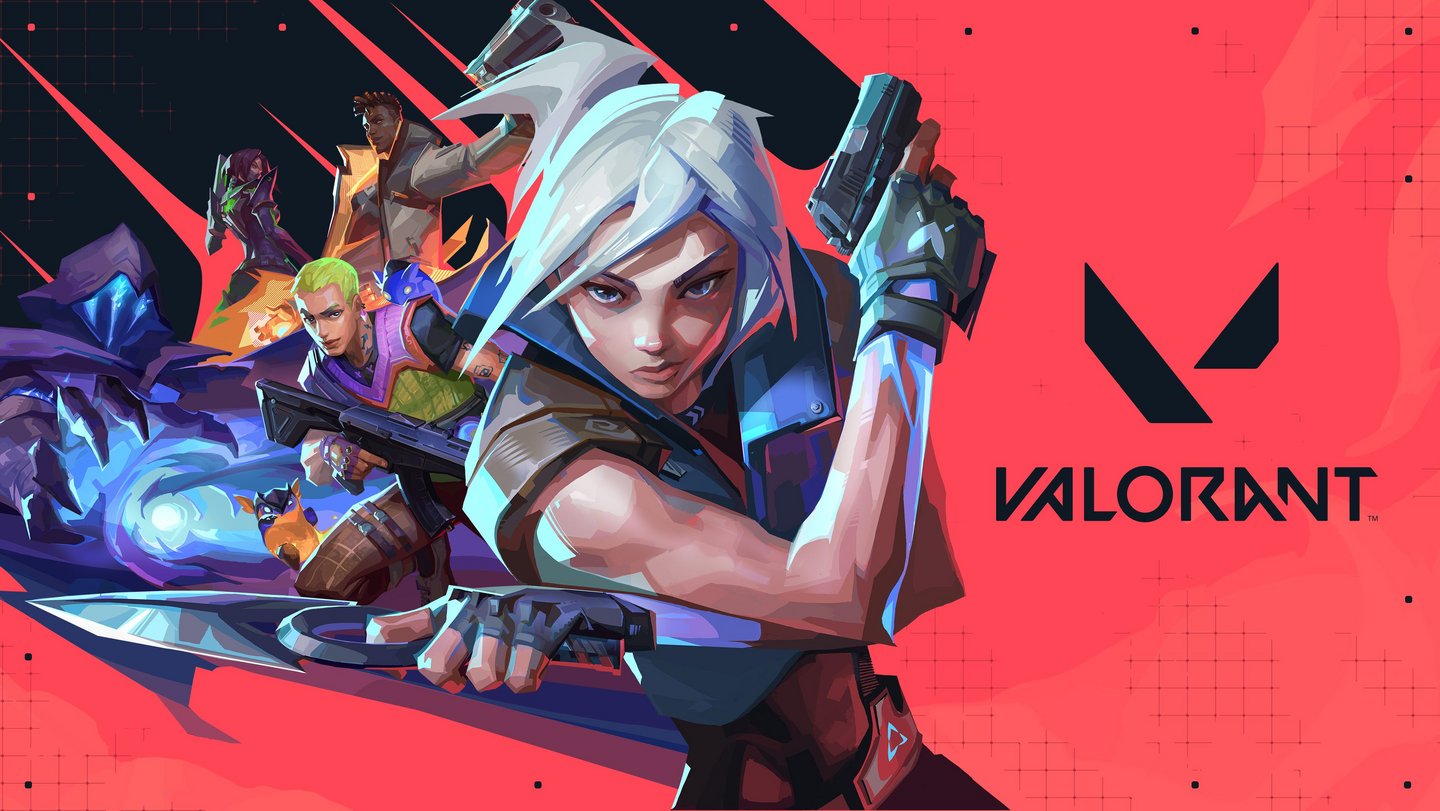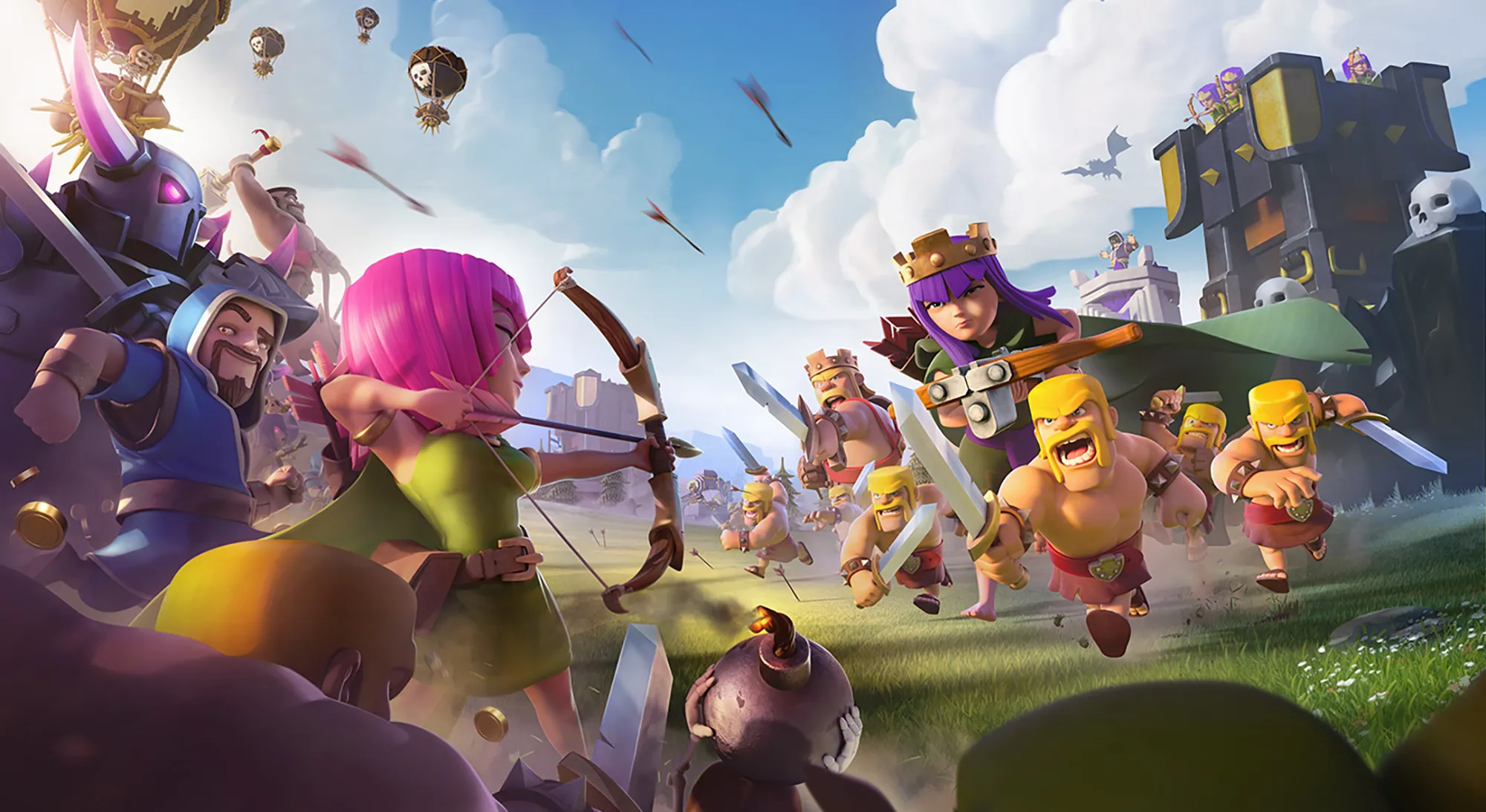reddeadplace.com – Valorant, developed by Riot Games, is a tactical first-person shooter (FPS) that has quickly become one of the most popular competitive games since its launch in 2020. Combining precise gunplay with unique agent abilities, Valorant requires both sharp shooting skills and strategic thinking to excel. For beginners, it can seem overwhelming, but this guide will help you get started on the right foot.
1. Understanding the Basics
Valorant is a 5v5 team-based tactical shooter with two main objectives: the attacking team must plant a bomb (called the “spike”), while the defending team must prevent it from being planted or defuse it if it has been planted. The game is divided into rounds, with the first team to win 13 rounds being declared the winner.
Each player chooses an agent, who has unique abilities that can be used to gain an advantage in the match. However, unlike other hero shooters, gunplay is still the most important factor in winning fights.
2. Choose the Right Agent
Valorant offers a variety of agents, each with their own set of abilities. Agents are divided into four main roles:
- Duelists (e.g., Jett, Reyna): These agents are designed to get kills and take fights. They are the best for aggressive playstyles.
- Initiators (e.g., Sova, Skye): Initiators help create opportunities for their team by scouting enemies and forcing them out of key positions.
- Controllers (e.g., Brimstone, Omen): These agents manipulate the battlefield by blocking vision with smokes or slowing down enemies, allowing their team to control key areas.
- Sentinels (e.g., Sage, Cypher): Sentinels focus on defense, protecting key points, and healing or reviving teammates.
As a beginner, try starting with an agent that fits your playstyle. Sage is often recommended for beginners because she can heal teammates and create barriers for defensive purposes, making her useful even if you’re still learning how to aim.
3. Learn the Map
Valorant has a variety of maps, each with different layouts and strategies. Learning the maps is crucial for knowing where to place yourself, how to attack, and how to defend. Key concepts to understand about the map include:
- Choke Points: These are narrow areas where players must pass through, making them perfect for setting up traps or ambushes.
- Bomb Sites: Most maps have two (A and B) sites where the attackers can plant the spike. Learning the best routes to these sites is essential.
- Callouts: Every map has specific callout names (like “Heaven,” “Garage,” or “Mid”), which players use to communicate with their team. Study the map and learn these callouts to improve communication with your teammates.
4. Master the Weapons
Valorant features a variety of guns, and each has its own characteristics. Here’s a quick overview of the main types:
- Pistols: Cheap and weak but important during the early rounds. The Ghost and Sheriff are favorites for their high accuracy and damage.
- SMGs: Submachine guns like the Spectre are great for close-range fights.
- Rifles: These are the core weapons in the game. The Vandal (one-shot headshot at any range) and Phantom (higher fire rate but less range) are the most popular rifles.
- Snipers: The Operator is the go-to sniper rifle, offering one-shot kills with pinpoint accuracy but is expensive.
- Shotguns and Heavy Weapons: The Judge and Odin are situational weapons. Shotguns are best for close combat, while heavy weapons are good for mowing down enemies but can be hard to control.
A key tip: Learn the spray patterns for each gun. In Valorant, guns have predictable recoil patterns, and mastering them can significantly improve your accuracy during fights.
5. Use Abilities Wisely
Each agent has four abilities: two standard abilities, one signature ability, and one ultimate ability. While abilities are important for gaining an edge, Valorant emphasizes gunplay over ability usage, so don’t rely solely on your abilities to win.
- Use Abilities to Control the Game: Abilities can be used to block sight (like Omen’s smokes), heal teammates (like Sage’s healing orb), or gather information (like Sova’s recon dart). Use these abilities strategically rather than randomly.
- Save Ultimate for Key Moments: Ultimate abilities are powerful but charge slowly. Save them for key moments like executing a bomb plant or stopping a rush from the enemy.
6. Teamwork and Communication
Valorant is a team-based game, and communication is critical to success. Whether it’s calling out enemy positions, asking for help, or coordinating a strategy, working together as a team will drastically increase your chances of winning.
- Use Voice or Text Chat: Call out when you see enemies and where you are going on the map. If you have a microphone, use voice chat to quickly communicate with teammates.
- Don’t Over-Communicate: Be clear and concise. Excessive talking can distract your team during critical moments.
7. Economy and Buy Phase
Valorant has an economy system, meaning you must manage your in-game money to buy weapons, shields, and abilities. Here’s a quick overview:
- Earn Money Each Round: You earn money whether you win or lose, though winning provides more. Save your money when you don’t need to spend it all, or if your team is planning to save (referred to as “eco rounds”).
- Buy Strategically: Always buy full shields (50 armor) when possible. If you and your team can’t afford rifles, consider buying cheaper weapons for an eco round or a half-buy, where you buy light armor and cheaper weapons.
- Coordinate with Your Team: Don’t buy expensive weapons if your team is planning to save money for the next round. It’s better to have everyone fully equipped together rather than one player having a strong weapon while the rest of the team is underpowered.
8. Practice and Improve
Becoming better at Valorant takes practice and patience. Here are some tips for improving:
- Practice Aim: Spend time in the practice range to improve your aim. You can practice headshots, recoil control, and even quick flicks.
- Watch Professional Players: Watch streams or videos of professional players to learn how they approach the game. Pay attention to how they move, use their abilities, and communicate with their team.
- Analyze Your Games: After each match, think about what went well and what didn’t. Focus on improving one thing at a time, such as map awareness, aim, or communication.
9. Stay Calm and Have Fun
Valorant is a competitive game, and it’s easy to get frustrated when things aren’t going well. However, staying calm and maintaining a positive attitude will help you play better and enjoy the game more. Remember, everyone starts as a beginner, and improvement takes time.
Conclusion
As a beginner in Valorant, the key is to stay patient, practice, and learn the game’s mechanics step by step. Choose the right agent, understand the maps, practice your aim, and work with your team to improve. Over time, you’ll develop the skills and game sense needed to climb the ranks and enjoy one of the most exciting tactical shooters out there. Happy gaming!






